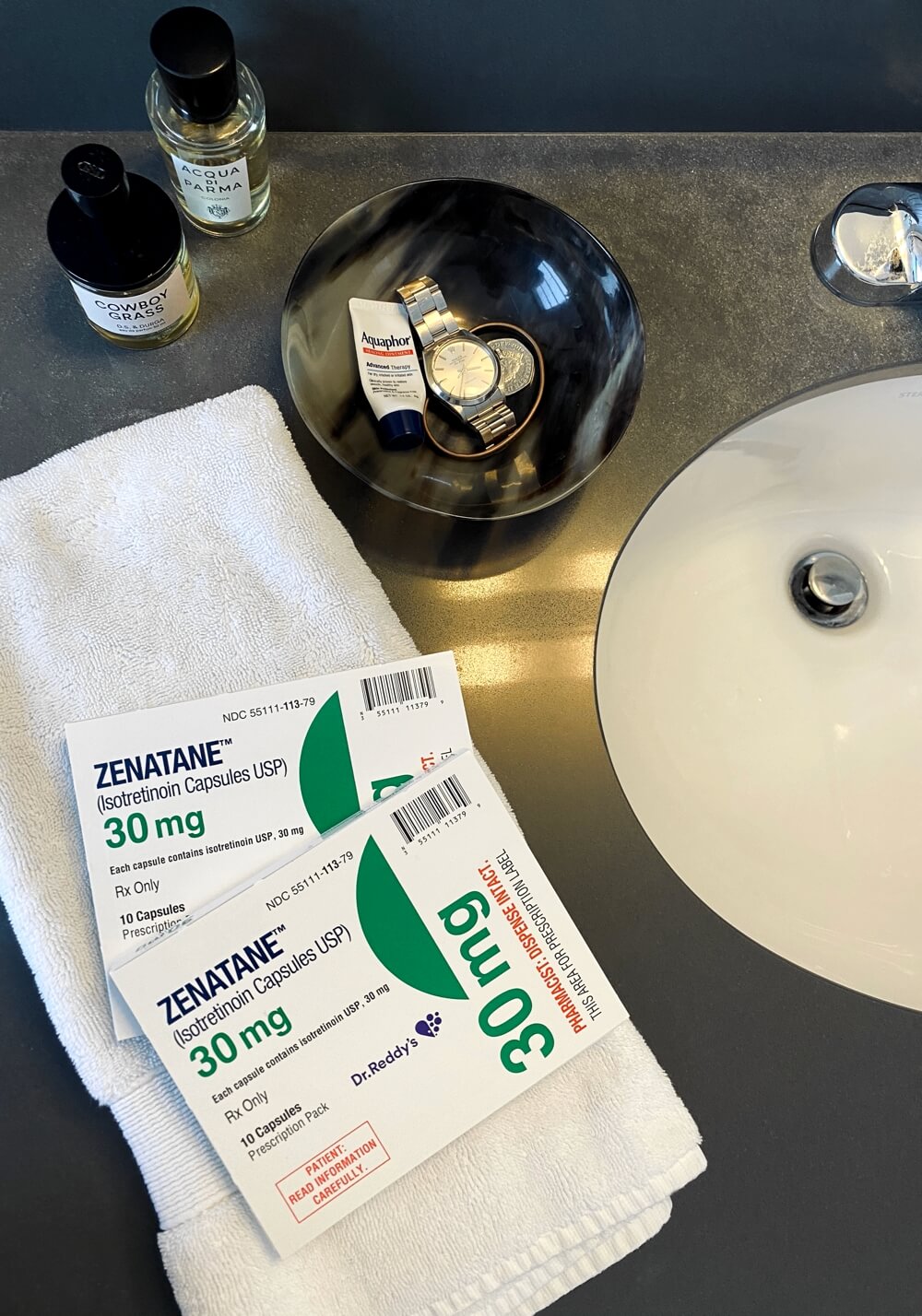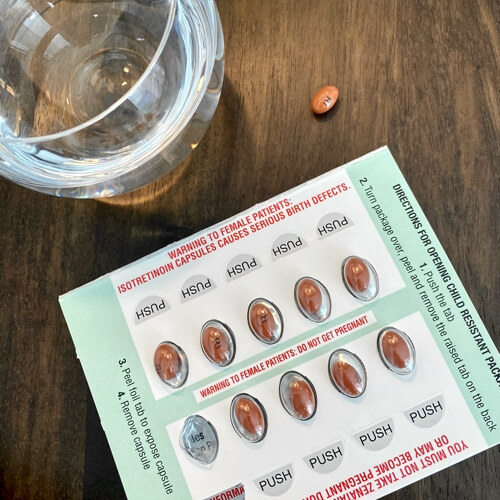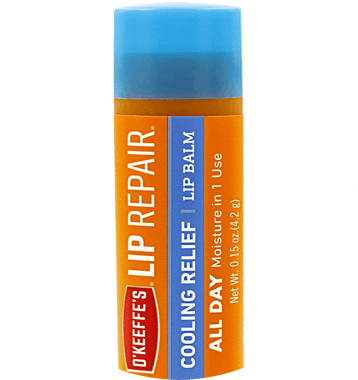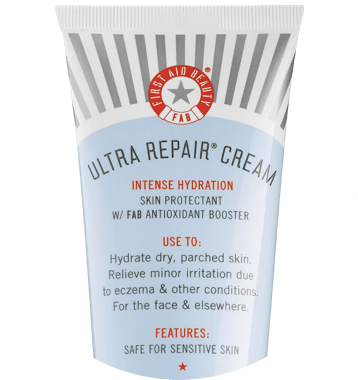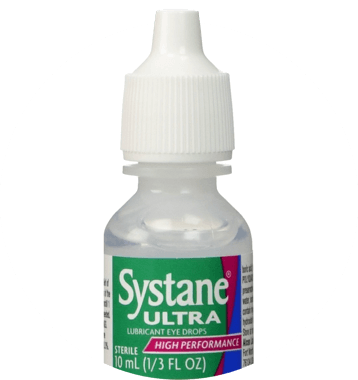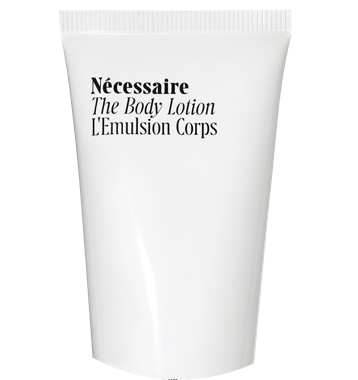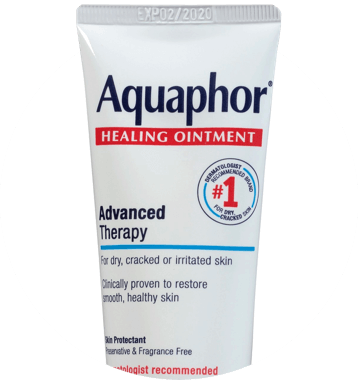So how exactly does it work? Basically, isotretinoin shrinks the oil-producing glands within your skin, thus making it a less inviting place for acne-causing and acne-promoting microbes to flourish. That also means it tackles the excess oil, inflammation and clogged pores that allow bacteria to grow—all while improving cell turnover. Because this is essentially everything that causes breakouts, a round of isotretinoin usually clears skin up for good.
In fact, it's such a potent medicine that you have to enroll in an online program that monitors your progress and bloodwork (yeah, there are monthly blood tests) to ensure your lipids and liver function are up to snuff (the medicine raises them), that you're not trying to get pregnant (birth defects) and that you're not donating blood. Due to the drug's impact on the liver, patients are advised not to drink. Full disclosure: I didn't always follow this advice but I never got drunk.
Getting a little nervous? Yeah, I was too. Was it worth it, I asked myself, all for a few damn deep-rooted zits? But they not only hurt, they were also affecting my self-esteem. A recent survey found that acne severity was, in fact, associated with higher levels of anxiety and the associated “perceived stigma” led to sleep disturbances, headaches, respiratory infections and gastrointestinal problems. So, yeah, that's not good. But what about these gnarly side effects?
I can now report, after six months of taking the drug daily, that the worst part for me was the fear of taking the damn medicine. I let message boards, random social media posts and horror stories nearly talk me out of taking isotretinoin. Thankfully, my dermatologist walked me back from the edge and reminded me that if things got bad, I could stop taking the pills and the side effects would stop.
I also realized that men and women have different skin. And much of what I read was targeted to or written by women. Which is why I'm sharing my experience with you now. I handled the drug well. In fact, I took it for six months and never had to tell anyone about it.
About two weeks after my first dose, my skin was noticeably clearer and the cysts had all but cleared. They were much less painful and any inflammation was gone. It seemed like each month, my skin improved and if a zit popped up, it disappeared in about 48 hours. The key, I learned, is to take the medicine on a full stomach. For good measure, I'd swallow an Omega-3 capsule (the good fats help the medicine absorb into the system) before taking my isotretinoin.
Your lips are where you'll first notice the forewarned dryness and I've never applied more lip balm than while on this drug. Sometimes, during a meal, I'd find my lips were tight and dry and needed to be swabbed with balm. That was weird. I noticed dryness in my eyes as well. Finally, sometime around month three, when my dosage was upped, I noticed slightly sore joints after working out. But nothing intense enough to cause me to stop. And it only lasted about two weeks.
All in all, it was pretty mellow. While everyone's experience will be different, I think the myths and fears around this drug have overshadowed the very real benefits. It was more frustrating to have to set-up monthly blood tests during a pandemic and pick-up my prescriptions than it was actually taking the medicine itself. Now my skin is clear, healthy and pain-free—and because of the way this works, permanently changed for the better. Yes, my skin got dry and tight. At times, I'd have some peeling and itching like I had gotten a sunburn, but being proactive about my skincare and making sure I was staying well-moisturized was key to keeping my skin feeling good while taking the medicine. So, if you're starting isotretinoin, or just want some gentle products that work wonders on dry skin, here are the staples that got me through the past six months.
